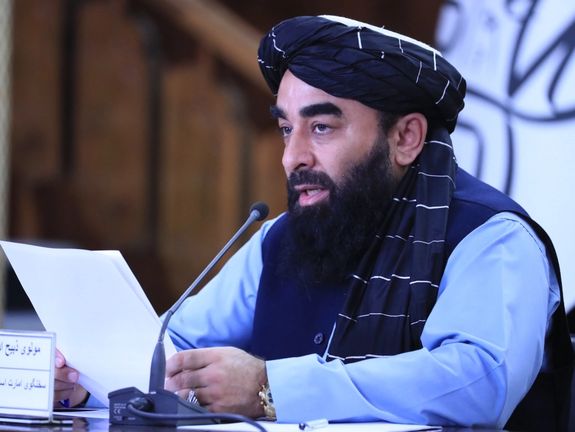The envoys reportedly broke the lock on the gate and unilaterally took control of the building. Their entry came on a public holiday in Germany, when no officials from the Foreign Ministry were present.
The move followed the collective resignation of the head and staff of the Bonn consulate, who had closed the mission in protest against Berlin’s acceptance of Taliban-appointed diplomats. In a statement, they said the decision was a rejection of Germany’s handover of the consulate to the group.
Sources identified one of the Taliban diplomats as Mustafa Hashimi. They said Asif Abdullah, a diplomat at the Afghan Embassy in Berlin, also entered the Bonn mission with four others.
Germany recently accepted two Taliban envoys in exchange for cooperation on deporting Afghan refugees. Berlin has also announced regular deportation flights to Afghanistan and plans to send a delegation to Kabul for talks on the issue.
Former acting consul general Hamid Nangialay Kabiri confirmed his resignation in a video message, saying the consulate had preserved its “independence” since the Taliban takeover and had refused to hand citizens’ documents to what he called the “illegitimate Taliban group.” He added that all consulate documents and assets would be transferred to the German Foreign Ministry.
A video obtained by Afghanistan International showed German police present as the gate was opened.
The German Foreign Ministry has yet to comment on the Taliban’s entry or the status of the Afghan consulate in Bonn.

